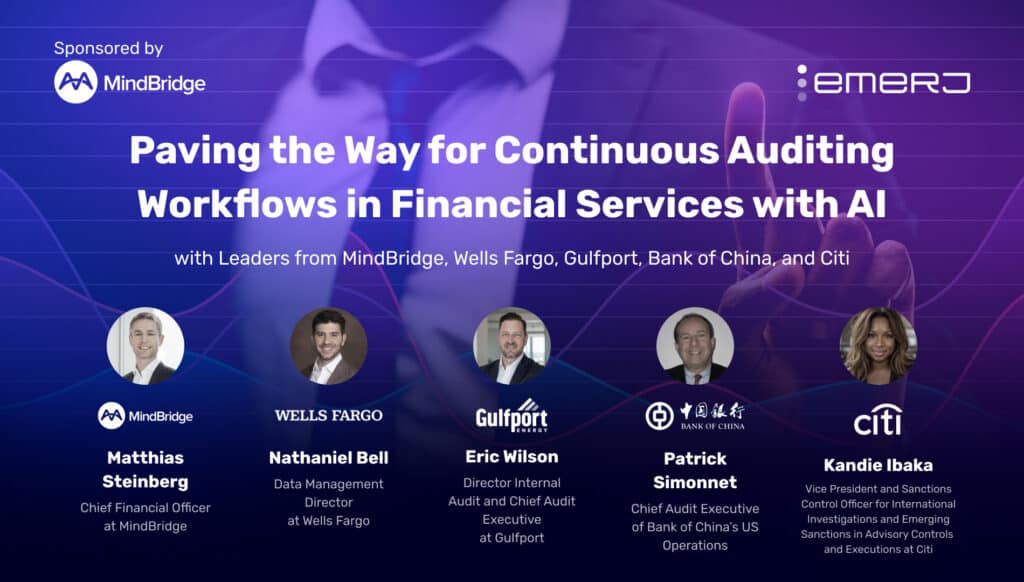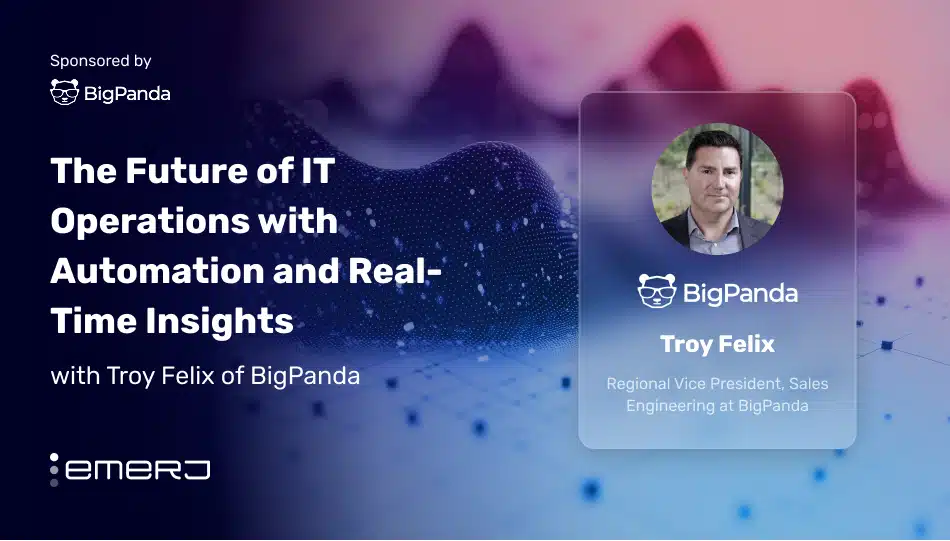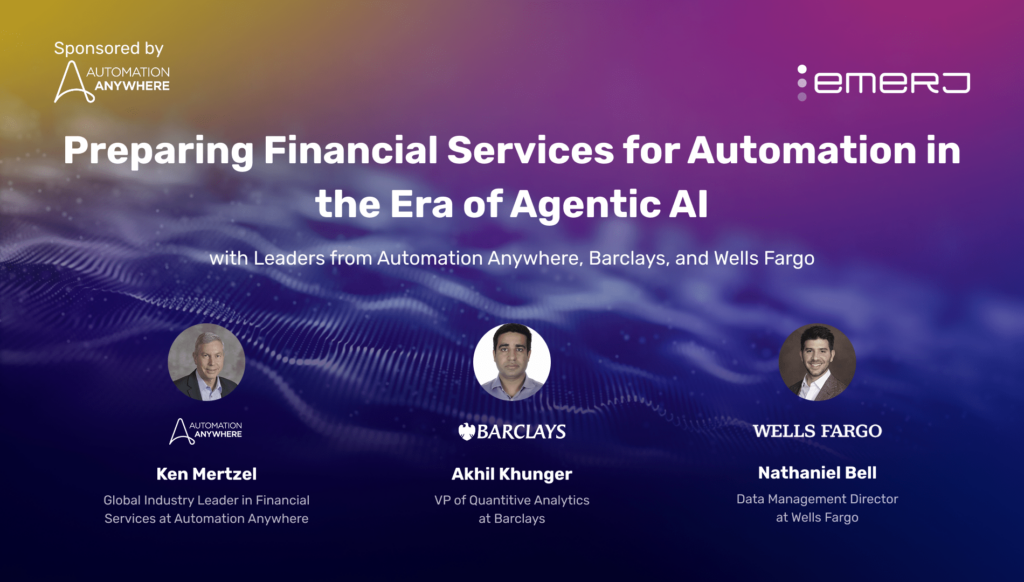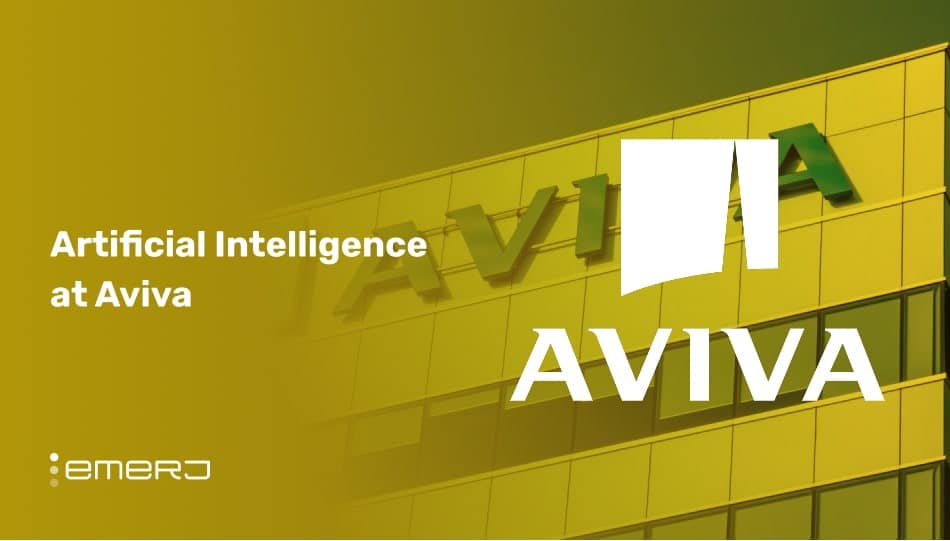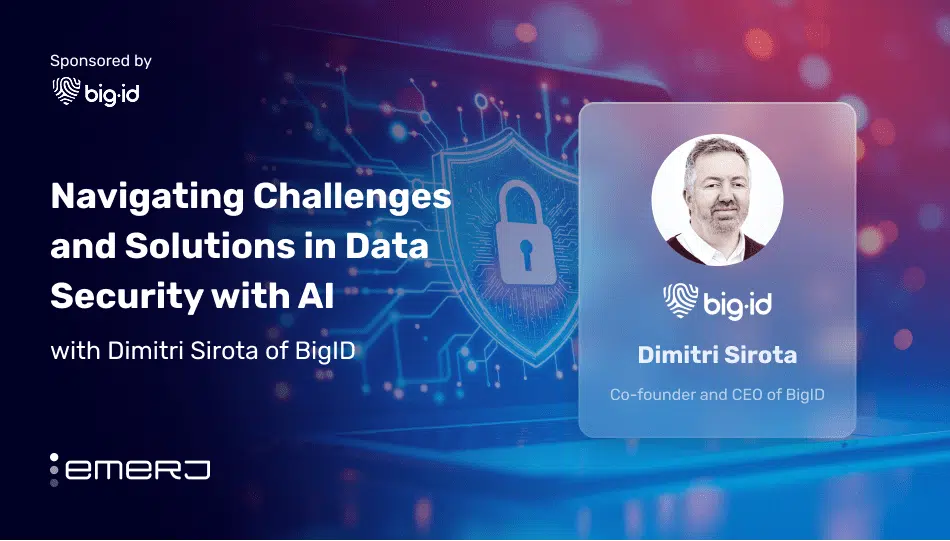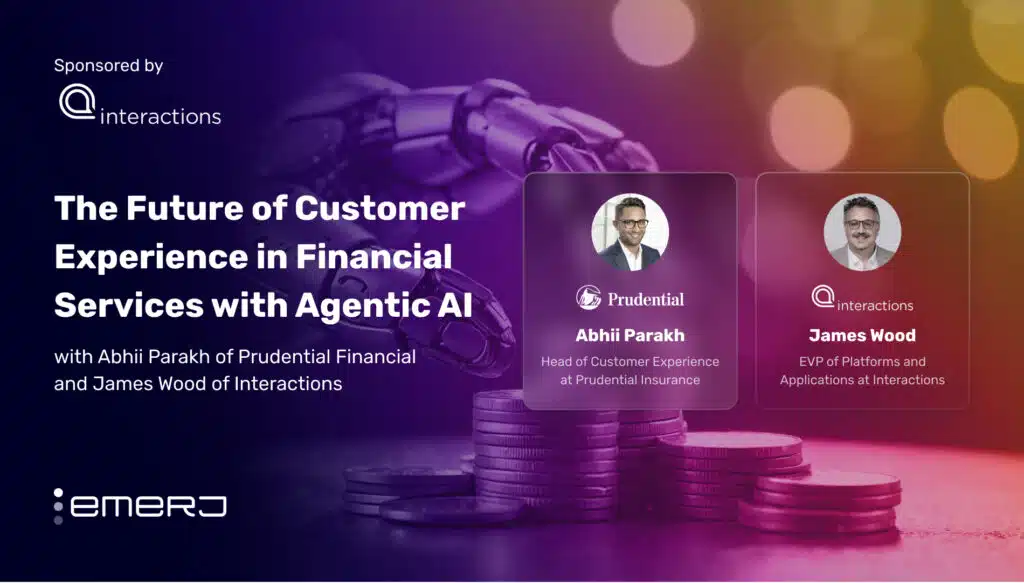More data, less problems?
How AI is transforming the financial marketplace and operations from the inside out.
AI got a head-start in the information-rich financial industry over two decades ago, though the applications of today—robo-advisors and algorithmic traders, for example—are far more autonomous and omnipresent, accelerated in large by the increasing availability of data and advanced analytics technologies. The “prestige” associated with the use of AI and ML technologies in finance is reflected in initiatives like The AI Financial Summit, an invite-only conference that gathers C-level execs from across the financial industry sector and puts them in a room with AI experts and service providers. But a company doesn’t necessarily need to be invited to a closed conference in order to apply or learn from emerging technologies in the industry.
In an effort to help shed light on interesting and innovative uses of AI and ML in finance, we’ve gathered four of our favorite past interviews with financial entrepreneurs and executives on the subject. From data scientists training anonymous algorithms for trading, to companies using ML models to identify new patterns in consumer financial data, all four podcasts help further our understanding of what’s possible and potentially inspire further innovation by companies and individuals who are involved in the often complex world of trading and finance.
Machine Learning Interviews in Finance
1 – Richard Craib – Crowdsourcing Hedge Funds
In this episode, we speak with Numerai Founder Richard Craib, whose company is crowdsourcing a machine learning hedge fund. Their model is based on pooling data science talent from all over the world and using “anonymous” models to train financial data. These models compete against one another, and the winning models’ creators are rewarded in bitcoin – a process based entirely on encryption and anonymity. Craib speaks about his overarching vision for the company, and also delves into his thoughts on the past, present, and future of AI applications in finance.
2 – Alex Lu – AI in Stock Trading
Machine learning and other techniques make it easier to identify patterns that might otherwise not be detected by the human eye, and finance is quantitative to begin with, so that it’s hard not to find traction. In this episode, Kavout’s CEO Alex Lu speaks about the kinds of patterns that traders now have access to in finance, and gives examples of ways Kavout and other institutions are using this information to build better and more personalized products and services.
3 – Tad Slaff – ML in Investment Decisions
Tad Slaff is the founder of Inovance, the creator of TRAIDE —a strategy creation platform that use machine learning algorithms to help traders uncover patterns in assets and indicators and build more reliable trading strategies. In this episode, Tad speaks about the state of machine learning in finance today, and touches on how future applications of machine learning and trends may alter what gives an edge to one hedge fund or institutional investor over another.
4 – Brad Bailey – Evolutionary Path of Fintech
What does it mean when companies can use real-time satellite information to detect company activities and make trades based on that data? In this episode, Research Director of Capital Markets at Celent Securities Brad Bailey discusses the focus on emerging training technologies on trading and finance. Bailey discusses the way that AI has been felt in the ways banks operate, the kinds of data that hedge funds and individual investors now have at their fingertips, and what that means for the future implications of AI-related technology in the finance world.
Mined Insights
AI and ML are busing used to “free” and make less prohibitive the use of financial data in trading and other financial market decisions. There is a huge source of data in the financial industry, much of which has historically been closely guarded by big financial institutions. Increased access to this data pool and advanced analytics tools are opening doors to:
- Finding patterns and mining for new insights in unstructured data, allowing more advanced algorithms and ML-based systems to make more accurate and profitable trades (Richard Craib)
- Creating more targeted and personalized B2C and B2B financial products (Alex Lu)
- Building autonomous and transparent robo-advisors that may soon be able to work for any interested client, around the clock (Tad Slaff)
- Changing the way that all banks engage with and market to their customers from the ground up (Brad Bailey)
Image credit: Ravi Tiwari









